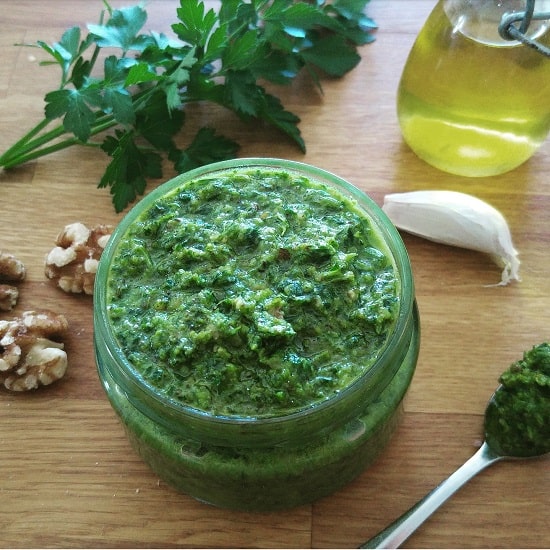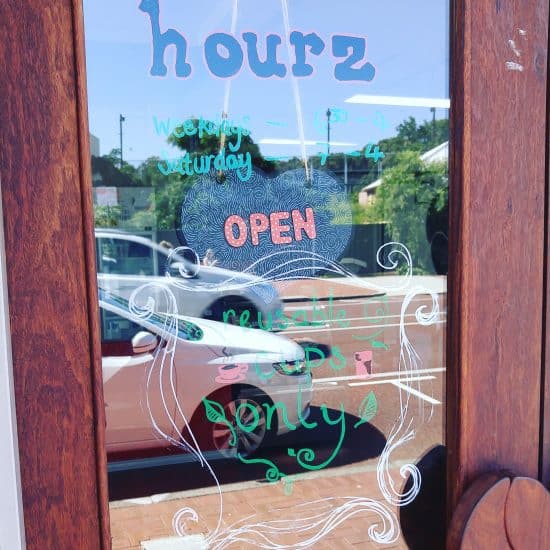New Habits: 8 Micro Actions to Reduce Rubbish in 2021
A brand new year is about to roll around the corner, and for many of us that means thinking about our dreams, aspirations and plans of what we’d like to see, do and accomplish over the next twelve months. Whilst I don’t set New Years Resolutions, I do like to use this time between Christmas and New Year to reflect on the year that was and think about the year that’s ahead.
Before I get any further, let me reassure you: this isn’t going to be one of those posts about “achieving everything you ever wanted in 2021” or “having your best year ever”.
Really, all the big things that we want to achieve and accomplish are the result of taking lots of micro actions. So rather than focus on the big picture, the goal at the end, I’m going to focus on the small things – the journey itself – and encourage you to consider doing so too.
In my experience, it’s a better journey.
For example, if we’d like to reduce our rubbish or plastic-waste in 2018, declaring that we’ll “be zero waste” is a huge step. It sets a high (and possibly unrealistic) expectation of ourselves, adds unnecessary pressure and can feel overwhelming before it’s even begun.
That’s not a recipe for a fun ride.
Rather than make grandiose goals, try thinking about the small steps that need to be taken. Break it down into things that you can start on straightaway. You will start making progress, and that will give you the confidence to take the next step when you’re ready.
It’s not meant to happen overnight. It’s a process, and a journey, and there’s so much to learn along the way. Why would you want to rush?
Here’s some ideas to get you started.
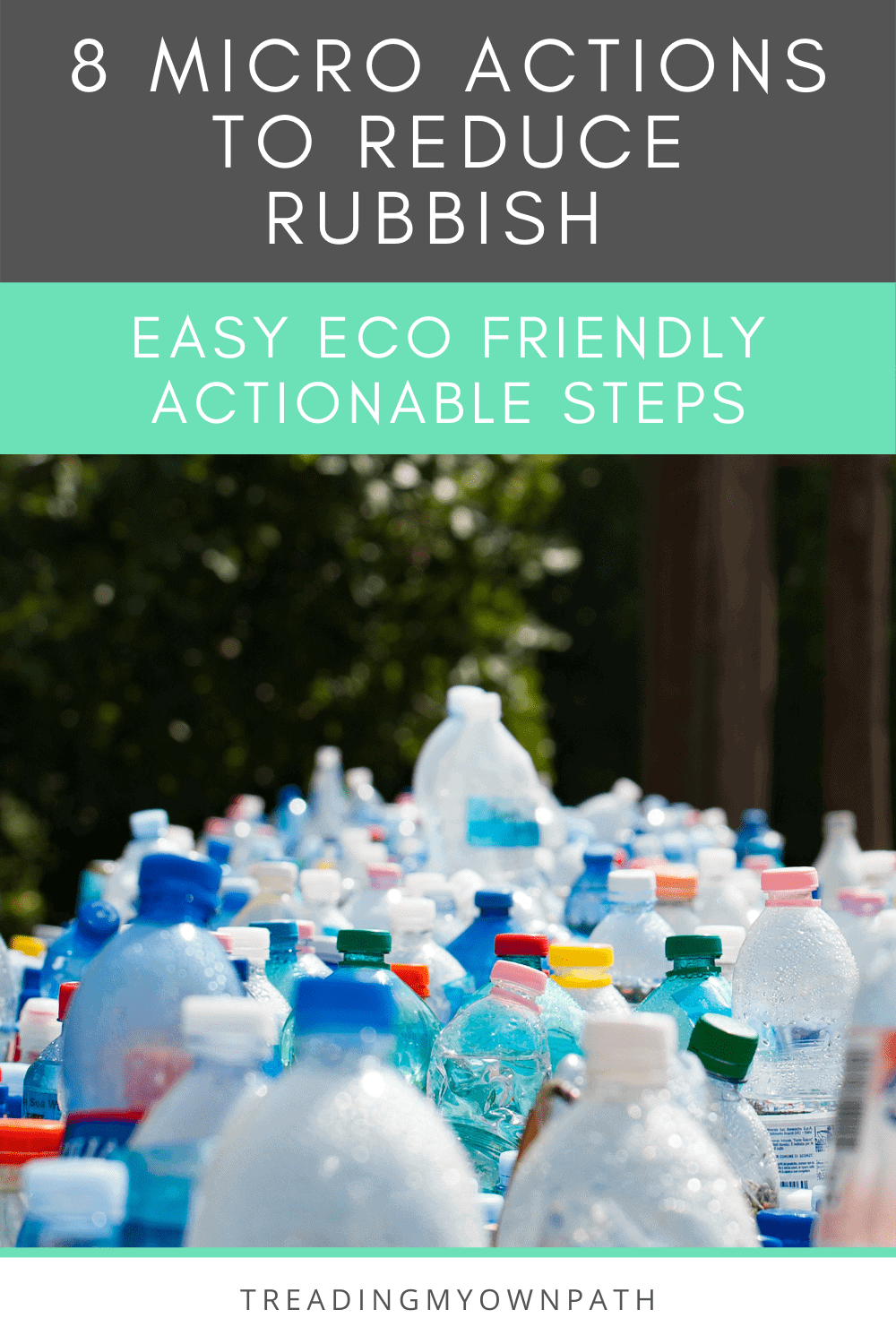
8 Micro Actions You Can Take to Reduce Rubbish in 2021
1. Make 1 Food Item from Scratch
You do not need to be a great baker or masterchef to go zero waste. Being able to make things from scratch is a useful skill, but it has nothing to do with being good at cooking. if you can stir stuff, or use a rolling pin, or chop, chances are you can make something from scratch.
Think about the things you use, and the packaging that you end up with, and find out if you can make any of those things rather than buy them ready-made.
Some things will be far too complicated, take too much time and you won’t think it is worth it.
But other things are very simple, and you might start to wonder why you ever purchased them in the first place.
Simple things to start with (that take no skills and very little time) include pesto, hummus, apple cider vinegar and yoghurt. You could consider getting a (second-hand) breadmaker. Cookies are much easier (and quicker) to make than cakes, and ridiculously tasty.
Just try it.
2. DIY Just 1 Bathroom Product
Food packaging and bathroom products account for the majority of our weekly household rubbish and recycling. By swapping one purchased product for a DIY alternative, you will save a huge amount of packaging over a lifetime.
It isn’t about making DIY alternatives to everything. I buy (rather than make) bar soap, laundry powder and dishwashing liquid. I have good local options (I buy my laundry powder and dishwashing liquid from The Source Bulk Foods, my local bulk store) and I don’t have the time or inclination to make everything.
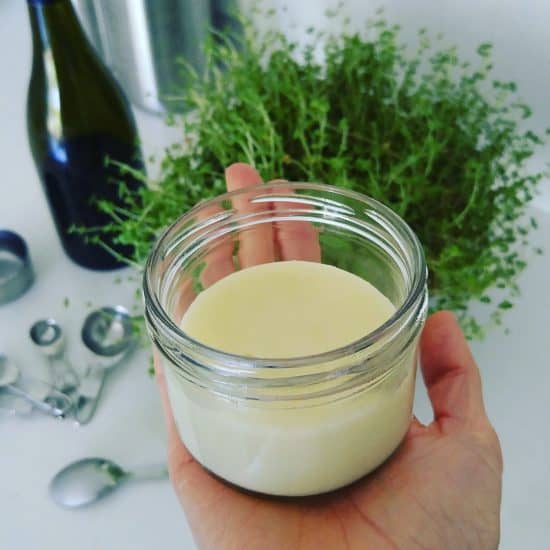 I do make my own toothpaste, deodorant, moisturiser and sunscreen. I tried making mascara once and it was a disaster, so I decided not to bother again, but there are plenty of recipes for DIY makeup if its something you wear.
I do make my own toothpaste, deodorant, moisturiser and sunscreen. I tried making mascara once and it was a disaster, so I decided not to bother again, but there are plenty of recipes for DIY makeup if its something you wear.
3. Support Bulk Stores
Bulk stores are a great way to shop packaging free, and many bulk stores are dedicated to reducing waste upstream too. This means that as well as reducing the waste for their customers, they are working with suppliers to reduce the waste generated before the stock arrives at the hands of the customers.
Not everyone has access to bulk stores. Not everyone can afford to shop at bulk stores. But there’s still steps that we can take. Choosing to make a trip to a bulk store out-of-town every month, or every two months, is one option. Choosing a small number of staples to buy at the bulk store, even if the rest of the groceries needs to be purchased elsewhere and in packaging due to budget or practical constraints.
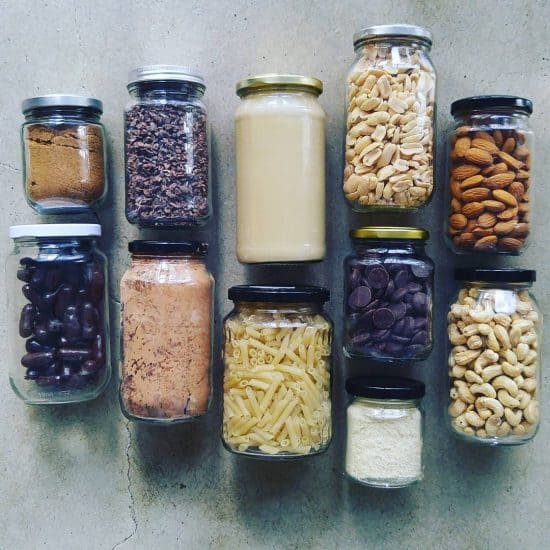
Everything that we do makes a difference. If an entire bulk shop isn’t going to work for you, don’t write them off entirely. It’s not all or nothing. Even making the commitment to buy a couple of things occasionally will help: it will help you reduce your waste, and help support bulk stores so they can thrive into the future.
4. Choose (and Use) Reusables
Most of us own reusables, but it takes practice to remember them, and remember to use them. Commit to using reusable shopping bags, or a reusable coffee cup, or not forgetting your reusable water bottle.
If using reusables is something that’s new to you, don’t expect perfection all at once. Choose one thing to get into the habit of remembering, and work up from there.
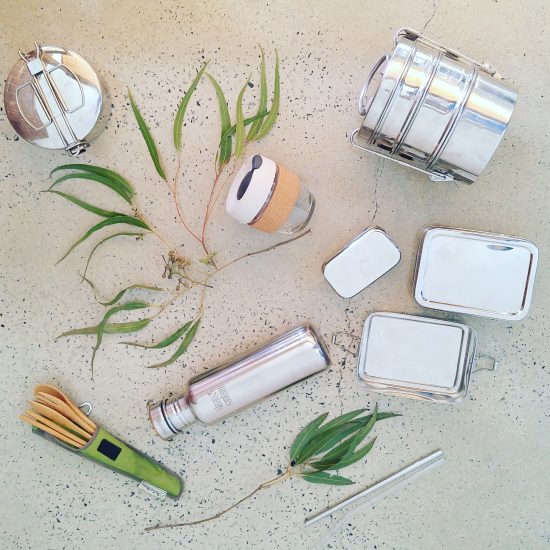 Once you’ve mastered the basics, then think about investing in some reusable produce bags, or taking your Tupperware or Pyrex next time you go to the bakery or deli counter. If a reusable straw is something that will help you reduce waste, invest in one.
Once you’ve mastered the basics, then think about investing in some reusable produce bags, or taking your Tupperware or Pyrex next time you go to the bakery or deli counter. If a reusable straw is something that will help you reduce waste, invest in one.
Beeswax wraps or sandwich wraps can help reduce clingwrap (more on alternatives for food wrap can be found here).
Glass jars are a very good alternative for all sorts of things.
Just choose one thing to start with.
5. Buy Local and Support Independent Stores
The more local we can buy things, the better: less fuel, less packaging, and keeping money in the local economy. Whether it is food items (locally grown vegetables and fruit), or supporting a local greengrocer; whether it is using an independent bricks-and-mortar store; whether it is supporting local artisans, there are plenty of ways to support local businesses.
Most of us would agree that we don’t want to support sweatshops and unethical businesses, yet when it comes to shopping, it can be tempting to search out the lowest price, and forget about the bigger picture.
That’s not to say we can all afford organic hand-stitched everything. It’s a balance.
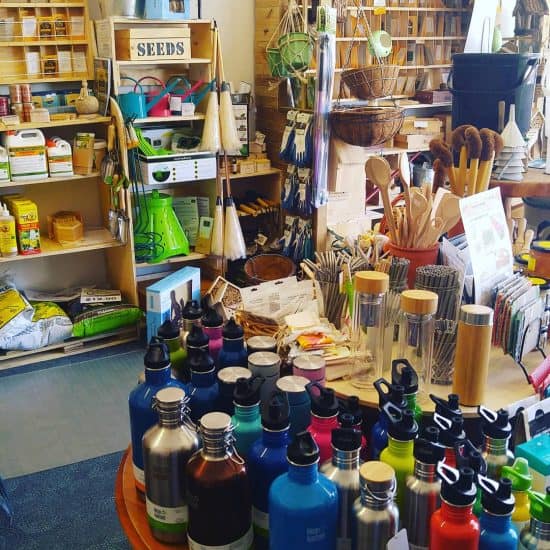 Buying everything local and from independent stores might seem too much of a stretch. In which case, consider making a smaller commitment.
Buying everything local and from independent stores might seem too much of a stretch. In which case, consider making a smaller commitment.
What about doing the big shop at the supermarket, but the top-up shop from the independent grocer? Using the Farmers Market for two months in summer? Buying jeans from the department store, but jumpers from the local mill? Buying books from the bricks-and-mortar bookshop rather than the online giants?
Commit to one change, and start there.
6. Tell Businesses When They Do Something Good
It’s oh-so easy to tell businesses when they are doing something wrong, but we often forget to congratulate the ones that do the right thing. Particularly when the right thing isn’t the easiest thing, or the thing that makes the most economical business sense.
When businesses put their values before profit, or the environment before convenience, we should let them know that we noticed, and that we thank them for their efforts.
This isn’t something that I do often, but it’s something that I want to do more of in the coming year. I see so many businesses doing great things, but do I tell them? Not as often as I should.
If you see something good – and it can be as simple as a cafe using jars of sugar on the tables rather than individual sachets, or as committed as refusing single-use disposable packaging – tell the business that you noticed, and you like what they do.
Let’s celebrate the good guys.
7. Think About Who (or What) You Can Influence
Power and influence isn’t just about being a politician or having a huge social media following. Most of us have the ability to influence others, whether it’s in our workplaces, social clubs, friendship circles, local groups, the council, or our favourite cafe.
I often think that the person who does the stationery order for a business is in quite a position of power, when it comes to reducing waste. Or the person that runs the community garden cake sale. Or the person who chooses the venue for book club.
These things all matter.
Making good choices around these things is about helping others to make better choices too. Starting conversations and opening eyes to new ways of doing things.
Some things can’t be changed, and some people won’t be changed. Family can be the toughest. (You can find tips for dealing with friends and family here.) Rather than trying to fight a battle with those that are reluctant to change, see if there’s somewhere else in your life where you could have a positive impact, and focus on that.
8. Join In.
Community is important. It’s a way to share ideas, support others and be supported, meet like-minded people and enrich our lives. The plastic-free and zero waste communities are two examples of people coming together to support a common cause.
It’s a great feeling to know that others care about the same things as we do.
How you choose to get involved is up to you, but there are plenty of options.
On one hand, reading blogs and commenting is a great first step, as are joining Facebook groups and other online networks. If you can’t find an online group that works for you, or would prefer to connect with local people so you have the opportunity to meet in real life, consider starting your own Facebook group.
Getting out and about and meeting people in real life is even better. If you’re not sure where to start, you could try Transition Towns, local litter clean-up groups (Sea Shepherd and Responsible Runners are good places to look), Boomerang Bags groups, or a community garden.
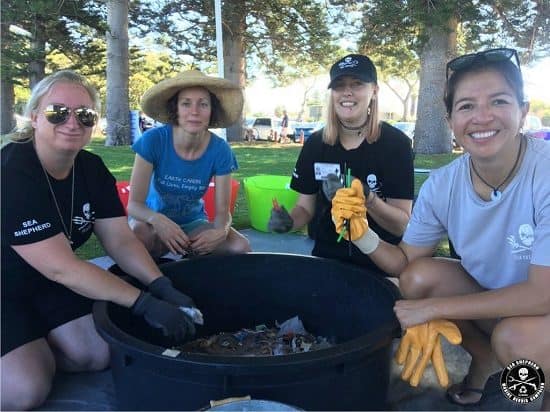 Here’s some more ideas for how to join in, whether you’re an introvert or extrovert, and no matter how much free time you have.
Here’s some more ideas for how to join in, whether you’re an introvert or extrovert, and no matter how much free time you have.
…
There are plenty of things that we can do to make a difference. Things that are good for the planet, and make us feel good too. Rather than reaching for fantastical goals like “having the best year ever”, my approach this year is to look at the small things I can do to make things slightly better.
Not the best, but better.
It’s all a journey, so let’s be kind to ourselves and have some fun along the way.
Now I’d like to hear from you! What small goals are you planning to work on in the coming months? Is there one thing you really want to work towards, or a number of things you want to tweak? Are you taking the slow approach? What was your approach last year, did it work for you, and how is that influencing your choices this year? Anything else you’d like to add? Please share your thoughts in the comments!
[leadpages_leadbox leadbox_id=1429a0746639c5] [/leadpages_leadbox]


